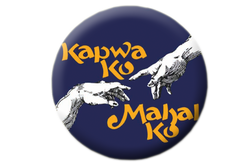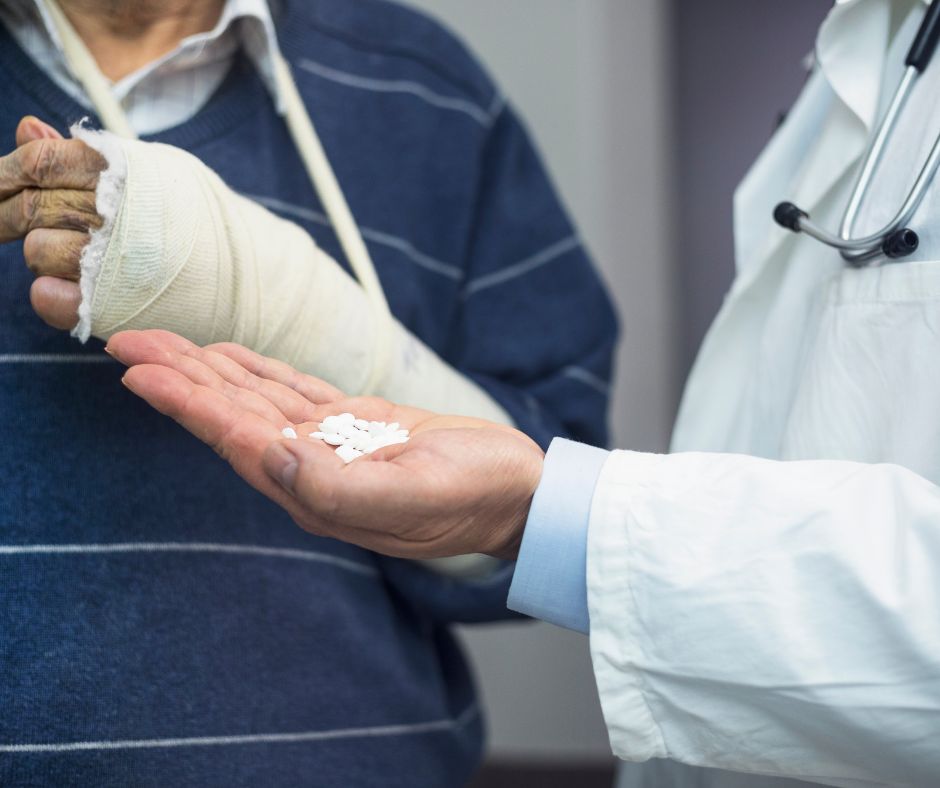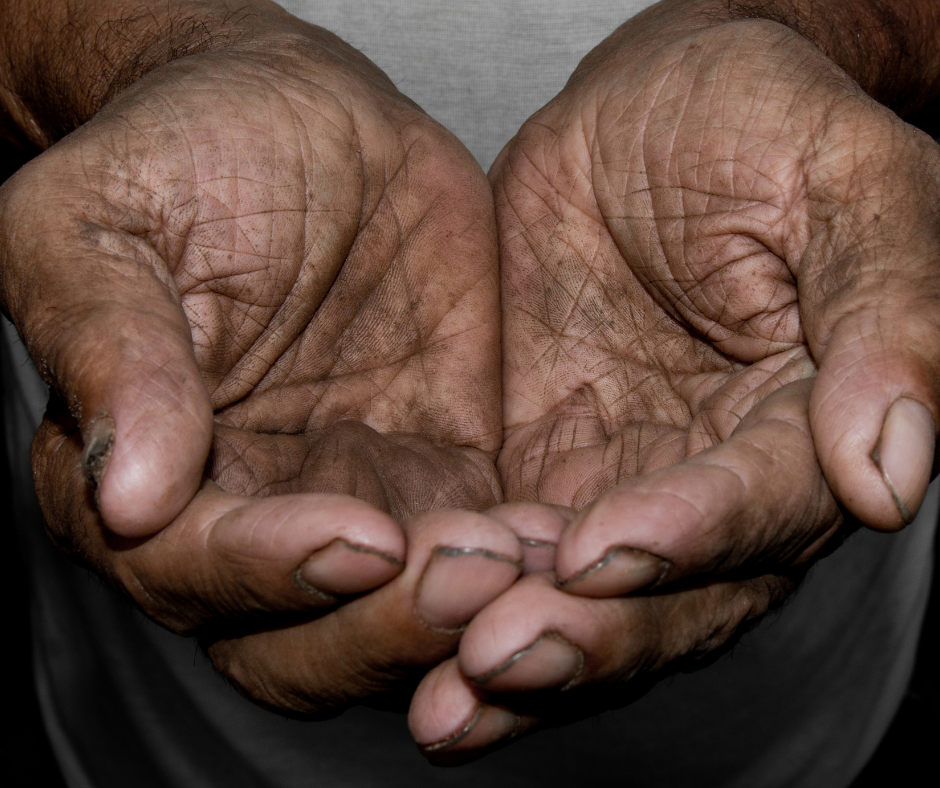The Filipino word Kapwa means more than just one's community or fellow human beings. There is a sense of "togetherness" and "equality" between all included. Mahal can mean "love" or "of value". Ko refers to both "I" and "my". In the Filipino psychology, it means more than "I love my fellow human being". There is a sense of being my brother's/sister's keeper. Let us help our kapwa.
For over 45 years, KKMK has provided kind-hearted individuals, groups and corporations a means to touch the lives of the indigent patients. The television program and foundation have been educating the general public on health---maximizing the 4th Industrial Revolution (Information Age). The foundation believes that every person deserves to have access to quality healthcare--young or old, rich or poor.
For over 45 years, KKMK has provided kind-hearted individuals, groups and corporations a means to touch the lives of the indigent patients. The television program and foundation have been educating the general public on health---maximizing the 4th Industrial Revolution (Information Age). The foundation believes that every person deserves to have access to quality healthcare--young or old, rich or poor.
VisionOne day, each person has access to quality and inclusive healthcare.
|
MissionWe transform lives of the disadvantaged through guidance, connection, and empowerment.
|
History
Kapwa Ko Mahal Ko (KKMK) started out with a simple intention: to tap private donors to help shoulder expensive medical and surgical procedures needed by indigent patients. The venue for seeking assistance was a television program on a Philippine national network, GMA 7.
Starting 1975 indigent patients were given the chance to go public with their stories. For many decades, KKMK was also a clinic-on-the-air. Those seeking help were also illustrative cases for specialists to explain on television, the symptoms, the cure and prevention of various diseases. When it first went on the air in the ‘70s medical diagnosis was less dependent on computerized technology like tomography or magnetic image resonance. Good old history-taking was critical.
Program hosts Orly Mercado (who later became a Senator, Defense Secretary and Ambassador) and Rosa Rosal (respected and iconic Red Cross Governor) took care of that. Medical accuracy was ensured by the presence of a renowned nephrologist, Dr Antonio Talusan, who was the program’s first medical director. GMA Network President (at the time) Menardo R. Jimenez’s idea came into being; A medical program that would not only inform but be of direct help to the poor.
Starting 1975 indigent patients were given the chance to go public with their stories. For many decades, KKMK was also a clinic-on-the-air. Those seeking help were also illustrative cases for specialists to explain on television, the symptoms, the cure and prevention of various diseases. When it first went on the air in the ‘70s medical diagnosis was less dependent on computerized technology like tomography or magnetic image resonance. Good old history-taking was critical.
Program hosts Orly Mercado (who later became a Senator, Defense Secretary and Ambassador) and Rosa Rosal (respected and iconic Red Cross Governor) took care of that. Medical accuracy was ensured by the presence of a renowned nephrologist, Dr Antonio Talusan, who was the program’s first medical director. GMA Network President (at the time) Menardo R. Jimenez’s idea came into being; A medical program that would not only inform but be of direct help to the poor.
Board of Trustees
ChairmanAtty. Felipe L. Gozon
|
PresidentOrlando S. Mercado, Ph.D.
|
|
Board Member
Fe Consuelo Ganuelas
Production and Foundation Team
Hosts
|
Orly Mercado
|
Connie Angeles
|
Executive Director
Margo Mercado
Medical Coordinator
|
Charlie Labarda, MD
|
Cecilia Amelinea, MD
|
Production Head, Senior EditorMarvin Lyndon Carmelo Matias
|
Social CoordinatorsRaquel Escalante
Rizel Espinosa |
Editor/Segment ProducerAdrien Ghil Rosales
|
Online Presence ManagerDane Celestine Capanas-Villaceran
|
Production Assistant, Spiels WriterJirah Marie Bacani
Sign Language IntepreterMichael Potian
|
Admin and FinanceTeresa Leonen Velasquez
Messenger, Office Support
Robert Manlapig
|
SM Project Coordinator
Ma. Teresita Desales







